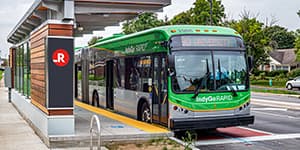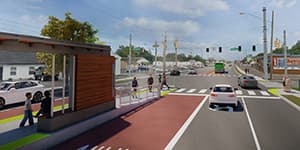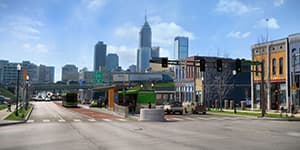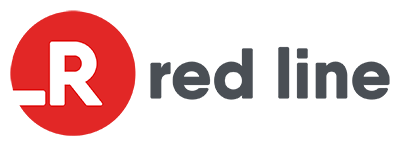Overview
Below are answers to frequently asked questions about the 2027 Transit Network and the process that IndyGo undertook to create this most recent version of it’s future service plan.
IndyGo tries to limit major service changes to the months of February, June and October of each year. We try to further limit all route alignment changes, such as the removal of service along a segment of an existing route, to the warmer months of June and October.
To successfully implement the network redesign, many things will have to come together at once. In addition to restoring and growing our number of professional coach operators, bus stops need to be installed, buses need to be purchased, streets need to be converted from one-way to two-way and so on. These dependencies are described further within the Route Summaries document here.
While we’re unable to give an exact date or timeframe, we do know what we are looking for. IndyGo leadership and staff are monitoring and evaluating the agency’s ability to keep and hire more bus operators while at the same time working to restore and grow overall ridership. To learn more about upcoming service modifications, click here.
The answer to the question, “What now?” will differ because it depends on each riders unique needs and life experiences. Not just now, but over the next several years.
First, none of the 31 bus routes that existed in June 2020 are being eliminated all together. Second, some routes will be realigned, combined, shortened or extended. Some routes will be renumbered and renamed and some won’t. In the end, there will only be segments of routes where service is removed or added, and this can be true whether the bus number is being retired or not.
Click here to explore the 2027 Transit Network at a route-by-route level.
To learn more about upcoming service modifications, click here.
As it is currently envisioned, the backbone of the 2027 Transit Network would be a rapid transit system made up of the Red, Purple and Blue bus rapid transit routes. This would be more of a grid-based network of local bus routes of varying frequencies that would serve Marion County residents more than 20 hours a day, seven days a week. Click here to obtain a copy of IndyGo’s summary findings of its mobility-on-demand pilot, IndyGo Connect.
It had been more than five years between the time that IndyGo was forced to hit pause on the rollout of its network redesign and when the agency had last performed a comprehensive operational analysis. IndyGo reviews its plans to confirm the planning assumptions continue to align with the needs and wants of its customers.
Qualifications include:
- At least 21 years old.
- Like to drive.
- Be interested in a transportation career.
IndyGo offers competitive hourly rates and benefits, including the following for coach operators:
- Make up to $21+/hour the first year.
- Paid training (for your CDL and IndyGo training).
- Full-time positions with guaranteed 40 hours per week and overtime potential.
- Medical, dental and vision insurance.
- Free on-site wellness clinic for employees and their families.
- Retirement plans options.
- Tuition reimbursement.
- Local work and no overnight travel.
- Free IndyGo transportation for employees and their families.
- Federal Loan Forgiveness Program.
To learn more and apply, go to IndyGo’s employment page here.



